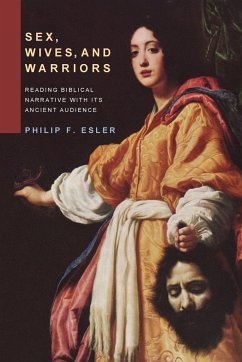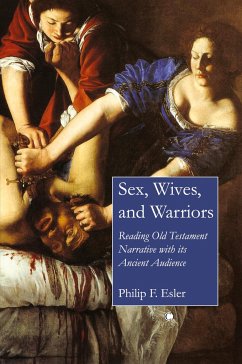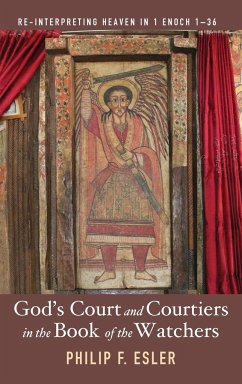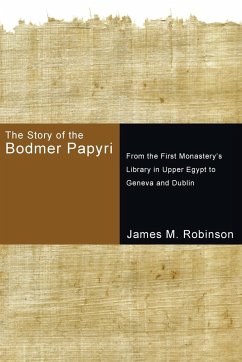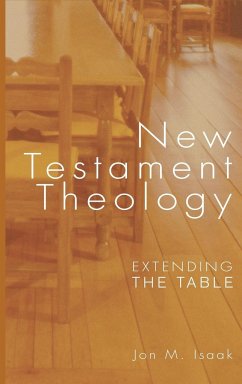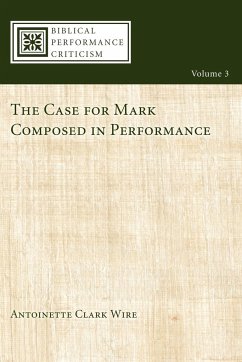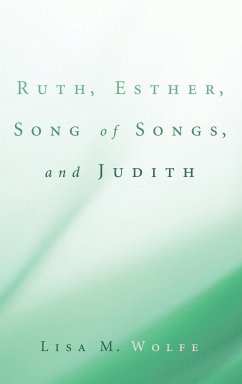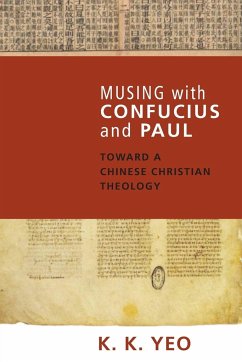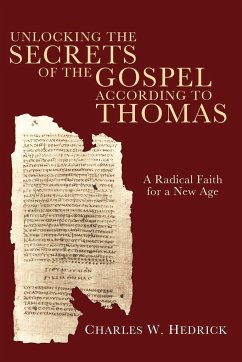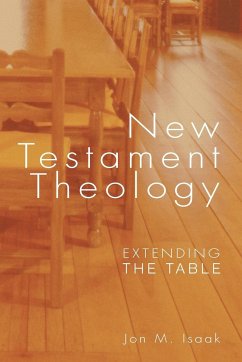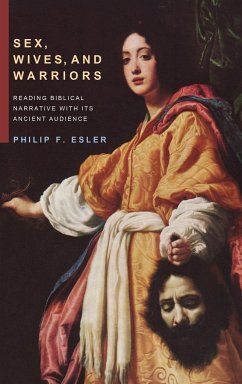
Sex, Wives, and Warriors

PAYBACK Punkte
30 °P sammeln!
Why and how should we read Old Testament narrative? This book provides fresh answers to these questions. First, it models possible readers of the Bible--religious and nonreligious, professional and nonprofessional--and the reasons that might attract them to it. Second, with the aid of Mediterranean anthropology, it sets out an approach that helps us to interpret a selection of narratives with a cultural understanding close to that of an ancient Israelite. Powerful stories, such as those of Tamar and Judah in Genesis 38, Hannah in 1 Samuel 1-2, Saul and David in 1 Samuel, David and Bathsheba in...
Why and how should we read Old Testament narrative? This book provides fresh answers to these questions. First, it models possible readers of the Bible--religious and nonreligious, professional and nonprofessional--and the reasons that might attract them to it. Second, with the aid of Mediterranean anthropology, it sets out an approach that helps us to interpret a selection of narratives with a cultural understanding close to that of an ancient Israelite. Powerful stories, such as those of Tamar and Judah in Genesis 38, Hannah in 1 Samuel 1-2, Saul and David in 1 Samuel, David and Bathsheba in 2 Samuel 10-12, and Judith, burst into new light when understood in closer relation to their original audience. Interpreted in this way, these narratives allow us to refresh the memory that links us with pivotal stories in Jewish and Christian identities, they disclose more ample possibilities for being human, they foster our capacity for intercultural understanding, and they provide aesthetic pleasure from their embodying plots of great imaginative power.



